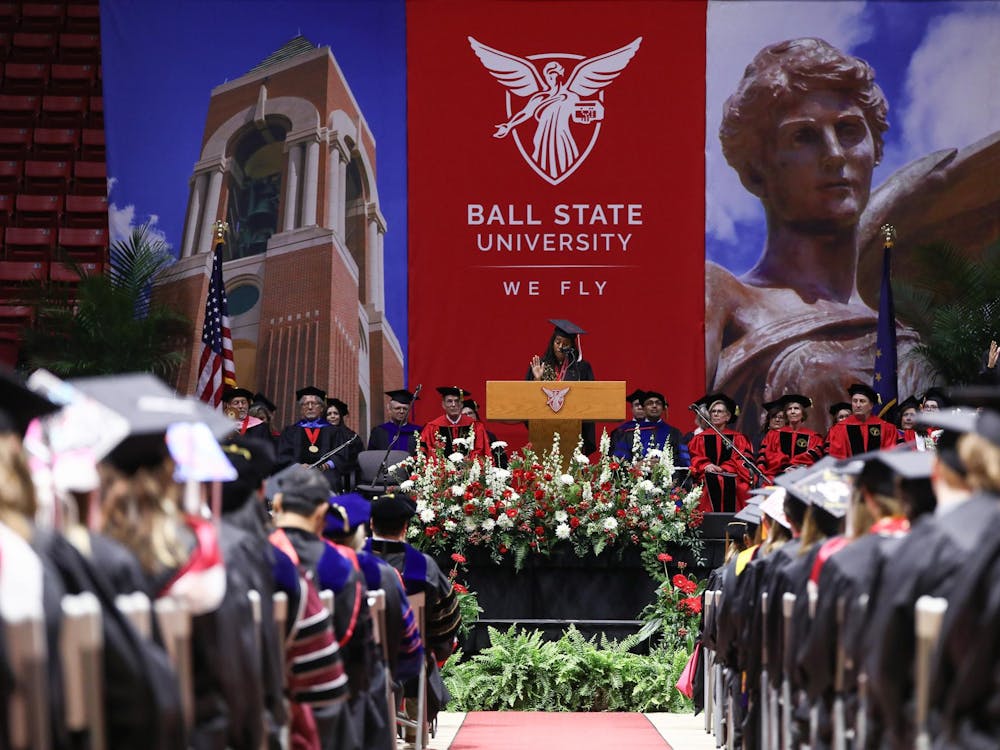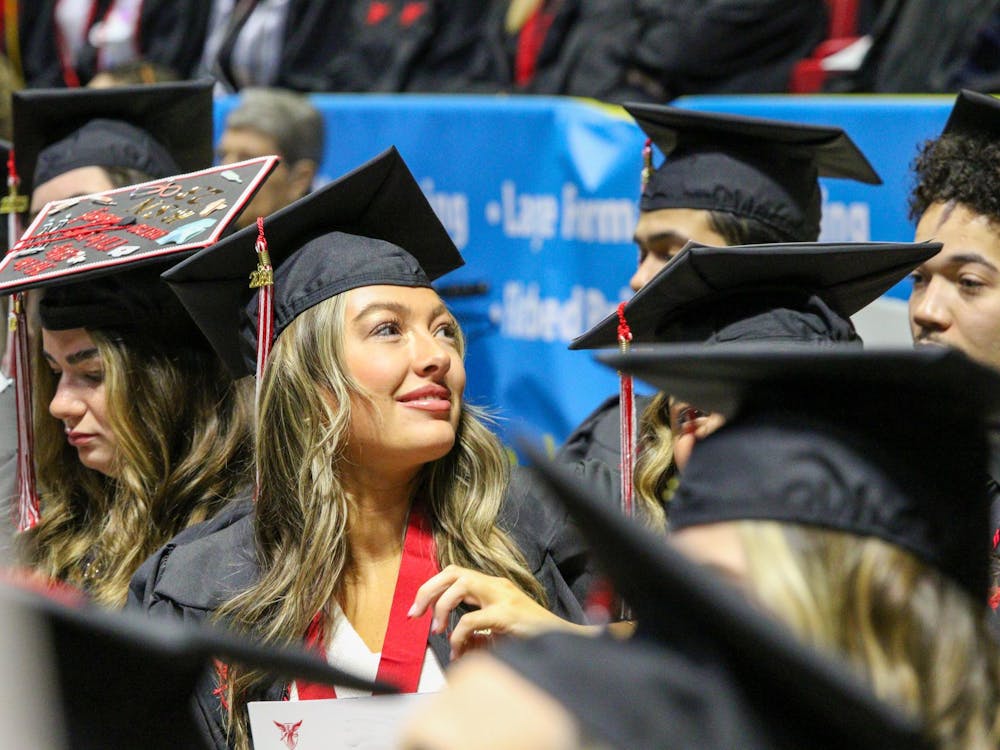INDIANAPOLIS - Indiana's lottery commission voted Wednesday to hire a private company to run the lottery's marketing, sales and distribution services in the hopes that it will boost the game's profits by about $100 million a year.
The commission voted 3-0, with two members absent, to approve a 15-year contract with Rhode Island-based GTECH that is expected to make $1.7 billion in profit over five years - a $500 million increase over state projections. GTECH already provides and maintains vending machines for the Hoosier Lottery.
In exchange for running the lottery's marketing and other services, GTECH will be paid a management fee that hasn't yet been determined, as well as a share of the lottery profits. The state received $188 million in lottery proceeds last year.
Officials expect profits to increase by about $500 million above what they otherwise would have been over the first five years of the contract, said Karl Browning, the Hoosier Lottery's executive director. Over the 15-year life of the contract, the amount of money the lottery nets the state is expected to increase by 50 percent over projections, he said.
"I can't find a scenario in which no matter what, the taxpayer isn't better off," Browning said.
Browning said part of the increased revenue would come from a plan to "broaden the player base," which would likely be done by expanding sales to grocery stores, big box stores and discount stores.
GTECH could earn a $1 bonus for every dollar over a revenue threshold set by the state, but it would have to pay the state if the threshold isn't met, Browning said.
GTECH's bid was selected over a proposal from New York-based Scientific Games, which currently provides the central online lottery system, terminals and instant tickets for the Hoosier Lottery.
Two foreign companies dropped out of the bidding last month. One of them, Camelot Global Services, which runs the national lottery in the United Kingdom, claimed the agreement proposed by the state encouraged bidders to set expected revenue levels artificially high.
Browning said Wednesday that he believed the use of revenue thresholds would motivate the contractor to make accurate forecasts to maximize its profits.
"The idea was to create a risk-sharing arrangement," Browning said.
Gov. Mitch Daniels, who has championed corporate involvement in government services, praised the commission's decision.
"In eight years, this may be the easiest and most obvious decision the state has had to make," Daniels said in a statement. "With this contract, the only question is how much more money Indiana will receive than under the current system."
But a similar outsourcing deal in neighboring Illinois hasn't turned out the way officials expected.
In its first year, Northstar Lottery Group, a partnership between GTECH and Scientific Games, brought in record revenue but fell nearly $100 million short of the $825 million it had promised to Illinois officials. The company and the state are in arbitration over the issue.
Illinois Lottery Superintendent Michael Jones criticized Indiana's search for a private lottery manager in August, saying Indiana officials didn't seem to have learned from Illinois' problem-plagued lottery outsourcing effort.
New Jersey and Pennsylvania also are researching whether to outsource their lotteries.
Daniels' privatization efforts have drawn both praise and criticism. A 75-year lease of the Indiana Toll Road to a private Spanish-Australian consortium in 2006 garnered the state $3.8 billion for a massive 10-year highway construction plan, but most of that money has been spent. Meanwhile, a 2006 decision to outsource the processing of welfare recipients to a team of private contractors led to widespread complaints and a protracted lawsuit.
Hoosier Lottery officials have been careful not to refer to the outsourcing as "privatization" due to a 2008 U.S. Justice Department opinion that states could not legally lease their lotteries.
Private companies already handle 88 percent of Indiana's lottery operations and the outsourcing proposal would increase that to 95 percent, Browning said. The state would retain executive management and ownership of the lottery, he said.
Lottery profits pale compared with those from Indiana's 13 privately owned casinos, which generated $829 million in wagering and admissions taxes for the state last year. Those casinos are regulated by the Indiana Gaming Commission.




